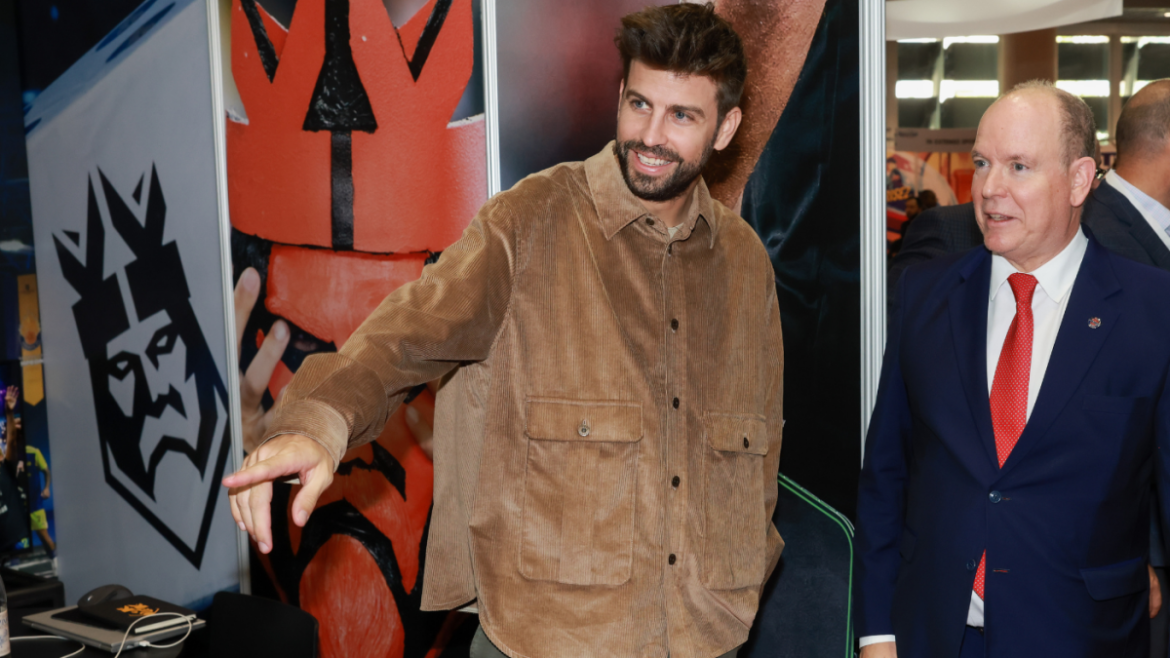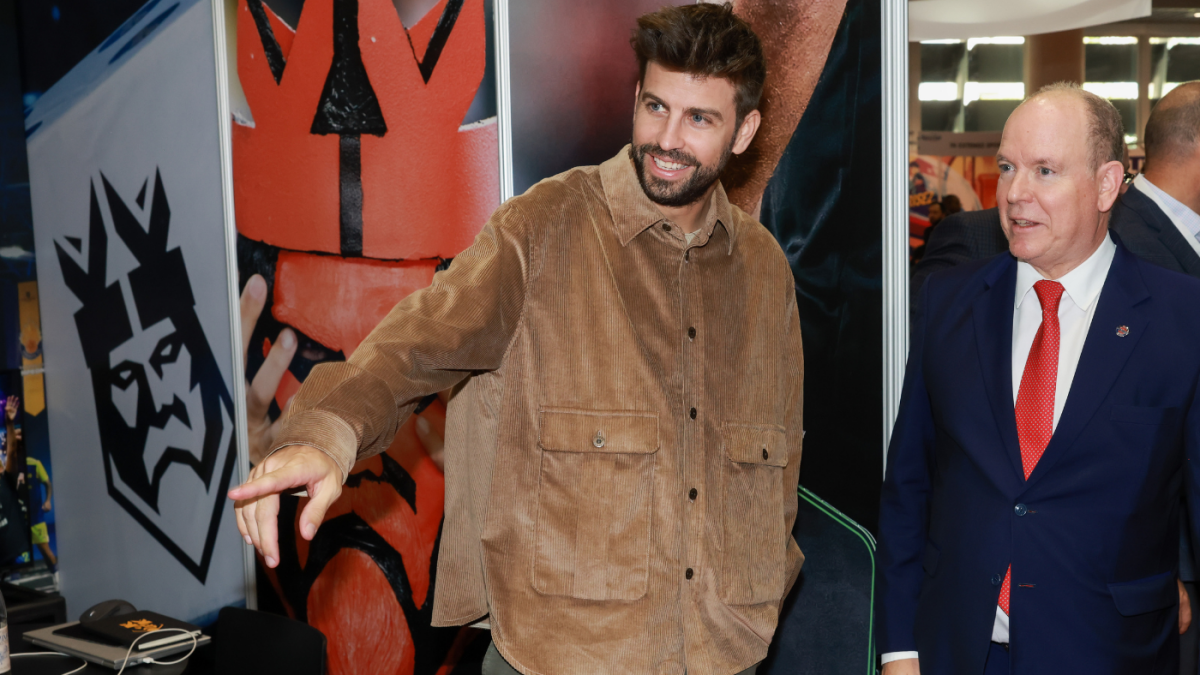Gerard Piqué’s Kings League: Reinventing Football for a New Generation
—
Introduction: A Different Kind of Football
Gerard Piqué, the former Barcelona defender, has transformed from a celebrated player into a visionary entrepreneur with his creation of the Kings League, a fast-paced, seven-a-side football competition launched in 2022. This innovative league challenges traditional football norms, targeting a younger, digitally savvy audience craving dynamic, engaging content that blends the thrill of sport with elements akin to gaming culture. The Kings League embodies Piqué’s ambition to complement—not replace—classic football by infusing it with creativity, technology, and new forms of engagement.
—
Origins and Conceptual Foundations
Conceived by Piqué and his partners, the Kings League debuted in March 2023 with 12 franchises, including teams owned by football legends like Sergio Agüero and notable personalities from various fields. The format emphasizes speed and excitement, featuring 40-minute matches, seven-a-side teams, with revolutionary rules such as unlimited substitutions, tie-breaker penalty shootouts, sin bins for disciplinary actions, and the addition of secret “golden cards” that introduce unpredictable advantages mid-game. Each week, teams can also summon a mystery guest player, sometimes leading to dramatic reveals that stir fan enthusiasm.
This approach harks back to Piqué’s desire to create a complementary football product. He explicitly states that the Kings League does not intend to rival traditional soccer but serve a different audience while remaining entertaining for existing fans. By injecting playful unpredictability and spectacle, the Kings League reimagines football as a “real-life video game,” appealing especially to Generation Z, who value fast, visually stimulating, and community-driven experiences.
—
Innovations in Format and Fan Engagement
The Kings League breaks several conventional football rules to enhance pace and excitement. Key distinctive features include:
– Seven-a-side teams: Smaller squads facilitate faster gameplay and more scoring opportunities.
– Unlimited substitutions: Teams can rotate players dynamically, maintaining intensity throughout matches.
– Sin bin: Temporary suspensions for yellow and red cards keep the competition fierce and fast without excessive stoppages.
– Secret weapons/golden cards: These game-changing elements, such as extra goals or power plays, add a strategic layer reminiscent of esports mechanics.
– Masked ‘mystery players’: Adding intrigue and narrative, masked participants boost fan curiosity and media buzz.
Moreover, the Kings League leverages digital platforms and streaming services, reaching fans where they spend much of their online time. Regularly incorporating influencer partnerships and using real-time social media engagement has proved effective in building a loyal and interactive fan base.
—
Global Reach and Expansion Strategy
While founded in Spain, the Kings League has quickly gained international traction. Piqué’s vision is demonstrated by events like the 2025 Kings World Cup Clubs hosted in Paris and efforts to penetrate Spanish-speaking and global markets simultaneously. Notably, the league recently secured a €60 million investment, enabling aggressive expansion, including plans for a U.S. presence.
Additionally, the involvement of Saudi Arabia’s Public Investment Fund (PIF) subsidiary SURJ Sports Investment marks a strategic move into the Middle East and North African (MENA) region. This joint venture aligns with a broader trend of sports diversification fueled by high-profile investors seeking innovative projects with strong youth appeal.
The tournament structure, celebrity ownership, and global broadcasting strategies all aim to build a scalable, replicable model that transcends traditional football clubs’ localized fan bases, creating a new cultural phenomenon rooted in digital media and entertainment.
—
Cultural Impact and Reception
The Kings League’s blend of sport, entertainment, and spectacle has garnered praise for energizing football’s image and increasing accessibility. It introduces heroes and villains wearing masks, creating storylines that resonate much like professional wrestling or esports leagues. Fans appreciate the league’s unpredictability and faster pace, with high-scoring games keeping viewers hooked.
Critics note the challenge in balancing respect for football traditions while pushing boundaries. However, Piqué’s positioning of the league as “complementary” has helped mitigate polarizing views. The Kings League serves as a testbed for innovations that could influence mainstream football in the future.
By fostering collaborations between former stars, digital creators, and traditional sports figures, the league has created a new ecosystem for content and competition. This has expanded the definition of football fandom beyond stadium attendance and televised matches, integrating virtual participation and social interaction.
—
Conclusion: A Bold Vision for Football’s Future
Gerard Piqué’s Kings League represents a radical experiment in football’s evolution, blending sport with entertainment, technology, and youth culture to forge a unique product. Its fast, engaging gameplay and innovative rules attract a generation less connected to traditional formats, offering a vibrant alternative that complements established leagues rather than competing with them. With substantial investment, expanding global reach, and creative fan engagement strategies, the Kings League is poised to influence the broader football landscape, reminding us that adaptation and reinvention can breathe new life into the world’s most beloved sport.





